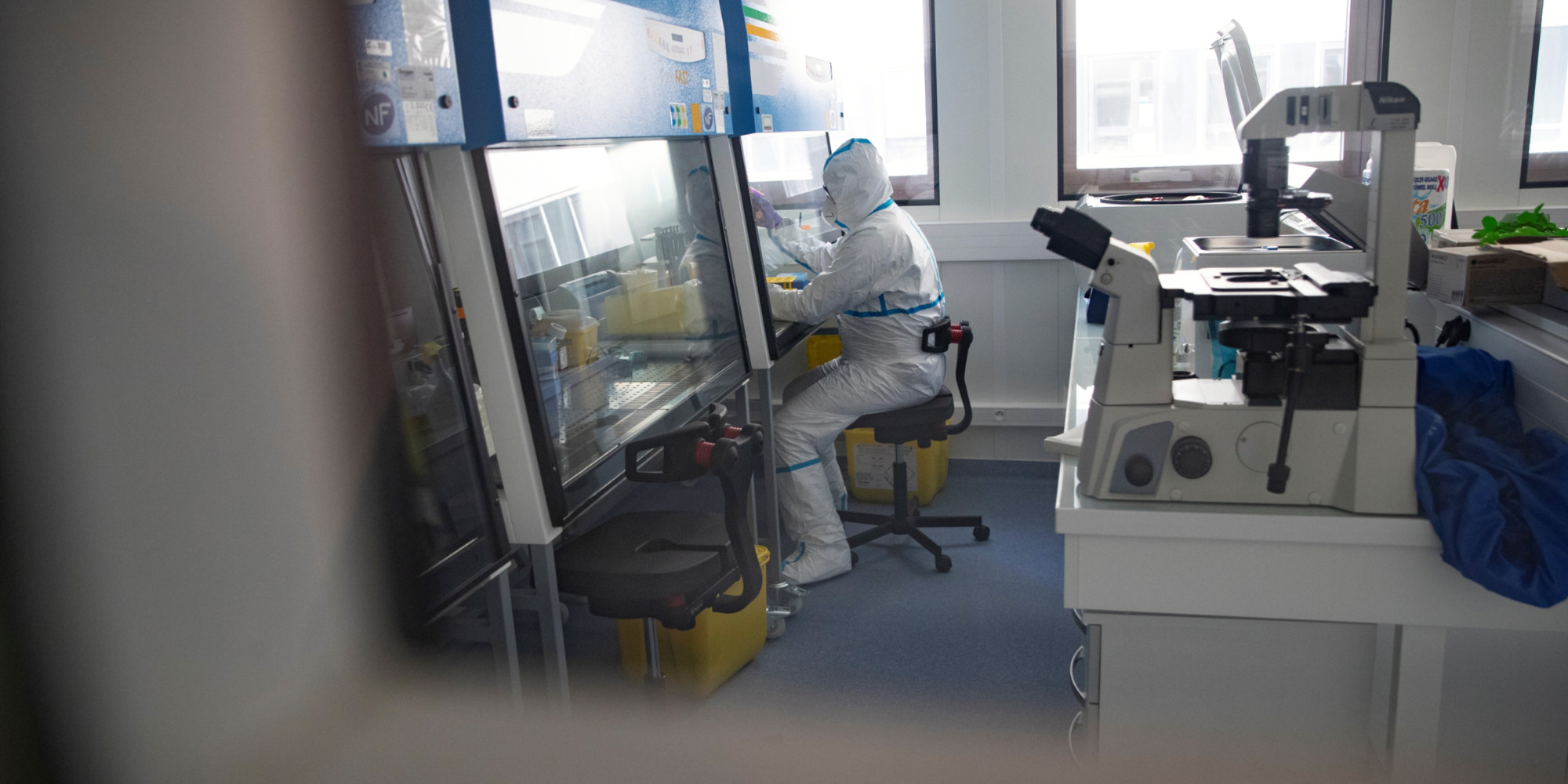"The first analyzes of this new variant do not allow to conclude either to a seriousness or to an increased transmissibility compared to the historical virus", indicates the General Directorate of Health in a press release.
Investigations are being carried out to assess the transmissibility and severity of this variant.
A new variant of the coronavirus has been detected in Brittany, the Directorate General of Health (DGS) announced on Monday, specifying that investigations are underway to assess its transmissibility and severity.
>> LIVE -
Coronavirus: follow the evolution of the situation Tuesday March 16
In the meantime, this variant has been classified in the "to be followed" category by the authorities, which includes most of the thousands of variants which appear naturally in the world, and of which only a small proportion will ultimately pose particular public health problems, for example if they turn out to be more transmissible.
A cluster in Lannion
The health authorities first detected in Brittany several cases of patients presenting the symptoms of Covid, "attached to a cluster" but whose PCR tests were negative.
This is a cluster at the Lannion hospital center (Côtes d'Armor).
On March 13, 79 cases were identified there, including 8 cases carrying the variant, confirmed by sequencing.
Analyzes carried out by the Pasteur Institute have revealed "a new variant (...) carrying nine mutations in the region encoding the S protein but also in other viral regions", specified the DGS in a message health professionals.
"An evaluation is underway in order to assess the possible impact of these genetic modifications on a lack of recognition by virological tests leading to an under-diagnosis", she continues.
"In-depth" investigations underway
"The first analyzes of this new variant do not allow to conclude either a seriousness or an increased transmissibility compared to the historical virus", indicates another press release from the DGS Monday evening, adding that "in-depth investigations are underway in order to better know this variant ".
The appearance of variants of the virus is a natural process since it acquires mutations over time to ensure its survival.
At this point, three variants around the world are considered to be of particular concern, those which were first detected in England, South Africa and Japan (but in travelers from Brazil, hence its common name of " Brazilian variant ").
CORONAVIRUS ESSENTIALS
> Covid-19: is there really a risk of contamination outside?
> Coronavirus: why can a PCR test be positive one month after infection?
> Are private parties really prohibited with the curfew?
> The English variant would cause slightly different symptoms
> Audio, webcams ... When technology adapts to teleworking
At the same time, there is a second category of variants, monitored by the international scientific community because of their potentially problematic genetic characteristics but which still circulate only on a smaller scale.

